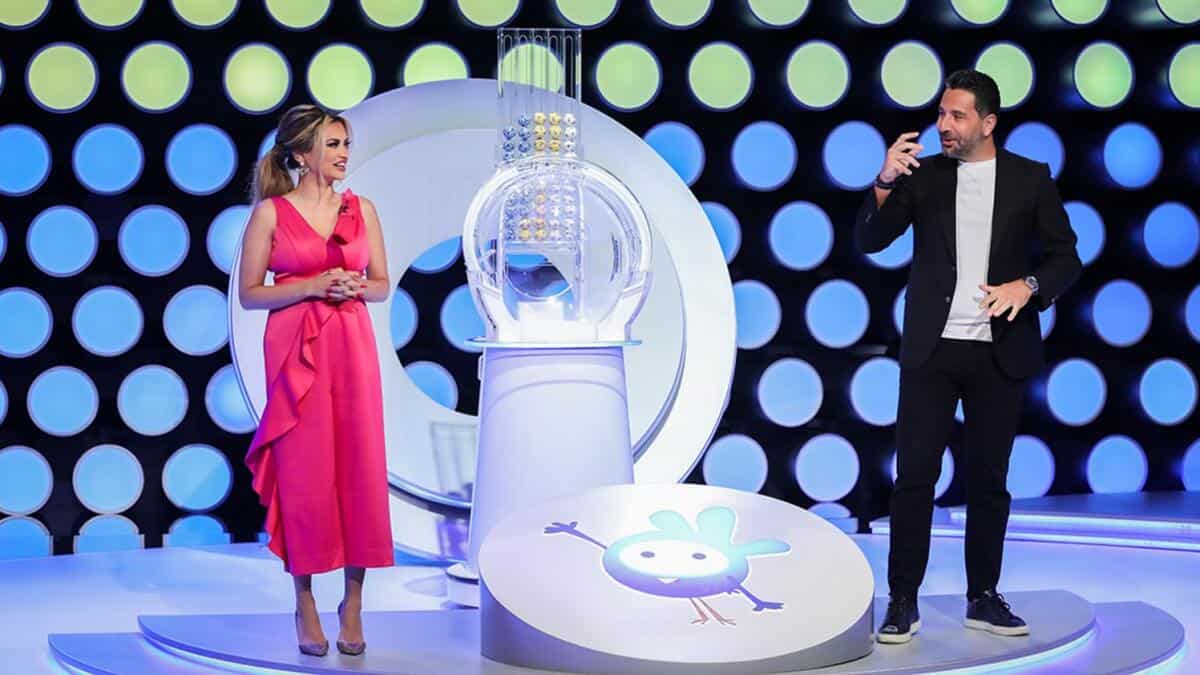Dubai, UAE — Through the years, Dubai has become the “City of opportunities.” People around the globe come to the UAE hoping to find prestigious jobs, get a better education, and dream big to have a luxurious life.
In this context, Dubai offers many ways to help individuals become rich, including Mahzooz’s Weekly Draw.
As the name implies, you must buy a “Mahzooz” ticket and enter their weekly draw to become the next “Mahzooz”, probably.
A chance to become rich
COVID-19 percussions and the steadily growing inflation rates rose many struggles and challenges in which some people lost their jobs and might not be able to have the same living standards as before.
Mahzooz gives UAE residents a new chance to become rich and win millions of dirhams as a kind of contribution to give back to the community through a weekly live draw.
In the last two years, EWINGS’ weekly UAE draw, Mahzooz, has produced 29 multi-millionaires and nearly 200,000 winners.
Participating in Mahzooz is simple. The only requirements to enter are registering on their website, buying a bottle of water for AED 35, and selecting five numbers from a pool of forty.
Each bottle sold benefits those in need, and purchasers are entered twice into the Mahzooz grand draw, increasing their odds of winning the AED 10,000,000 first prize, AED 1,000,000 second prize, or AED 350 third prize.
In addition, they will be entered into a weekly raffle where three winners will receive AED 100,000.
“The winners who score tend to win life-changing amounts,” says Farid Samji, co-CEO of EWINGS and Mahzooz’s managing operator, to TRENDS.
“Corporate Social Responsibility (CSR) is central to everything Mahzooz does,” he continued.
Samji explained in an interview with TRENDS: “We want to improve people’s quality of life by showing them that there is hope and that dreams can come true.”
The UAE accounts for 85 percent of Mahzooz participants, with the remaining 15 percent coming worldwide. So far, over 190 nationalities have participated in the draw, with the majority being Indians, Filipinos, Pakistanis, Lebanese, British, Nepalese, Sri Lanka, and Sub-Saharan Africans.
Over the last two years, Mahzooz has awarded 300 million dirhams in prize money to over 190,000 winners, with Indians receiving nearly 30 percent of the total, 25 percent from Pakistani nationals, and 15 percent from Filipino ex-pats.
Samji mentioned that Mahzooz is working on various exciting plans for the near future.
UAE residents interested in lucky draws
In 2020, YouGov analyzed UAE lucky draw competitions to learn more about who enters and what they hope to get out of similar events.
YouGov polled 1,000 UAE residents to represent the country through internet interviews.
Eighty-three percent of respondents indicated they were at least somewhat interested in entering lucky draws, with a majority expressing an interest in either the Big Ticket Abu Dhabi Duty-Free or the Dubai Duty-Free Millennium Millionaire.
Mahzooz was launched in 2020, and there wasn’t a chance to look into its popularity then.
But only 29 percent say they participate in both draws every month, with 39 percent saying they play less frequently and 32 percent never participating.
Sixty percent of non-buyers still express some interest in doing so, indicating substantial latent demand.








